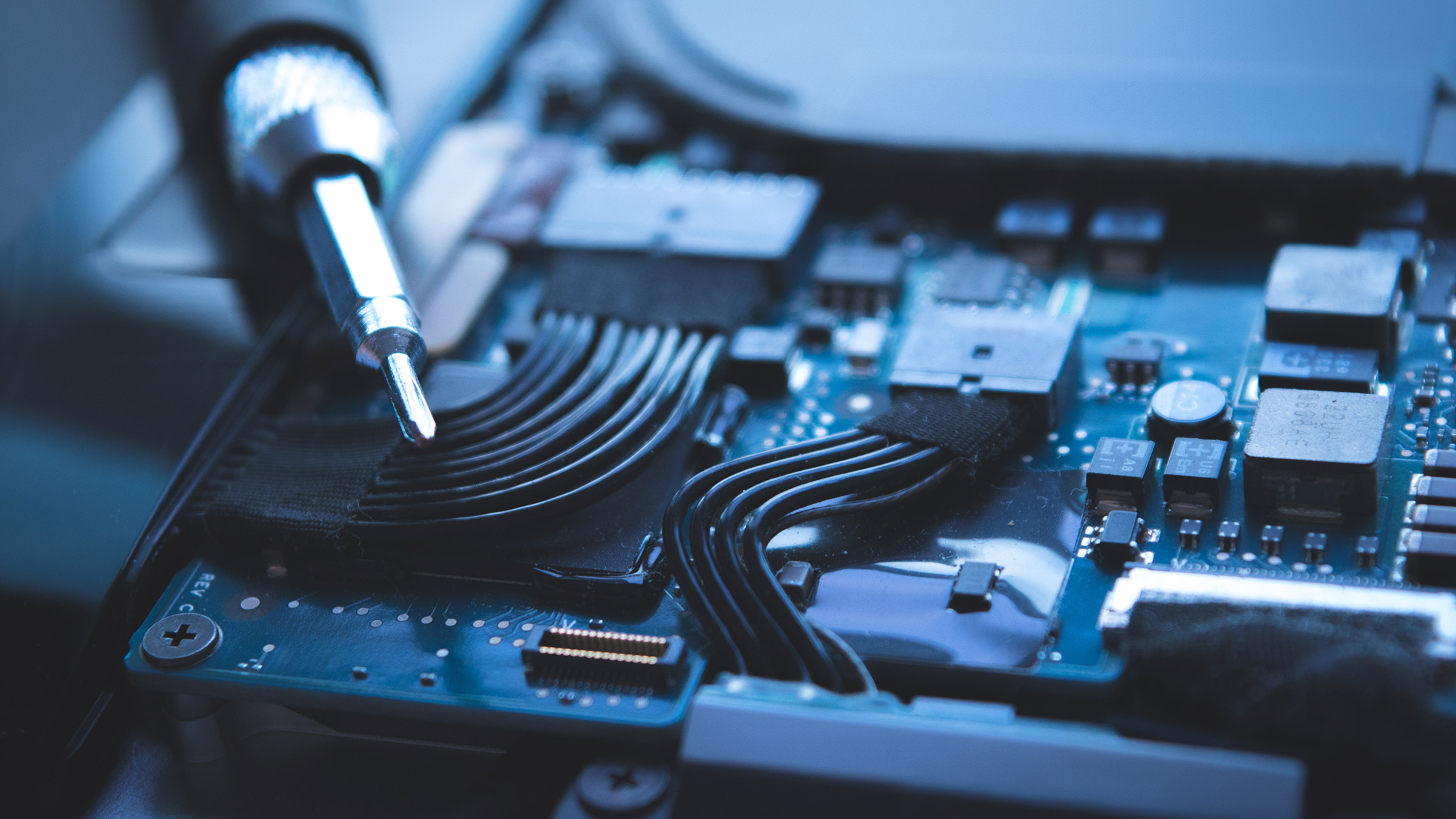DEEC TALK: An Insight into the Research of Faculty Members from the Department of Electrical and Computer Engineering
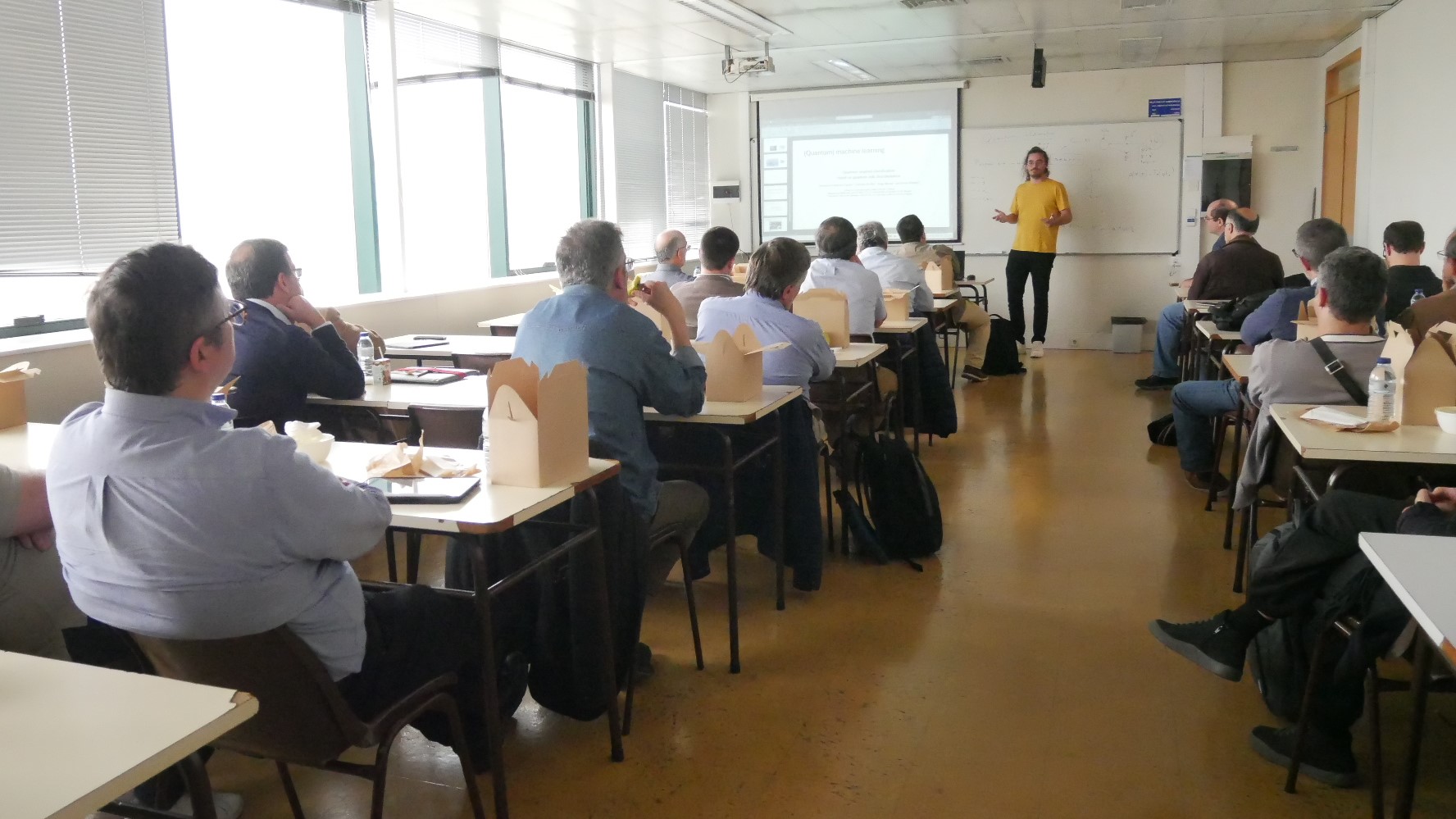
On May 7, the third edition of DEEC TALK took place, where João Felício, Emmanuel Cruzeiro, and Guilherme Paim presented some of their research. The session was divided into three parts, each covering a distinct topic.
The event began with an introduction by Sérgio Pequito, Vice President for Research, Development, and External Relations.
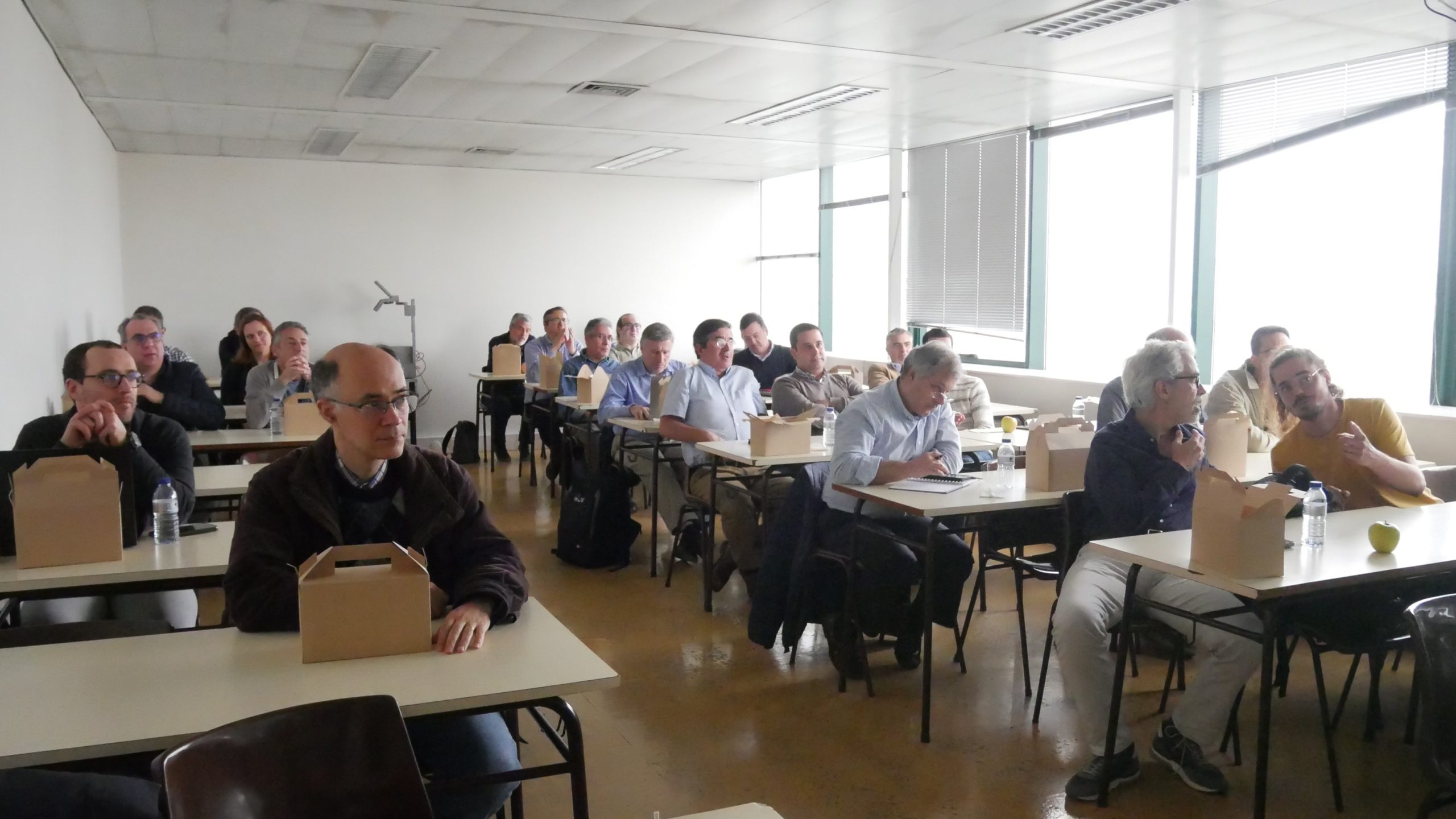
The first part was led by João Felício, assistant professor at the department and the Naval School, and a researcher at the Institute of Telecommunications. His work includes research on antennas for biomedical applications, the use of microwave radiation for medical imaging, and radiation for the detection of macroplastics in the ocean. Starting with the healthcare field — considering that breast cancer is the most common and deadly cancer in Portugal — the research aims to contribute to improving the diagnosis of the disease. In this context, an antenna emits radiation into tissues, and tumor detection is performed. Researchers are currently studying antenna polarization to achieve better results.
On another note, since microwave radiation can impact several areas, after concluding the health topic, João Felício explained that this technology can also be used for detecting macroplastics in the oceans, especially in the North Pacific and North Atlantic. He was involved in a project supported by the European Space Agency with this goal.
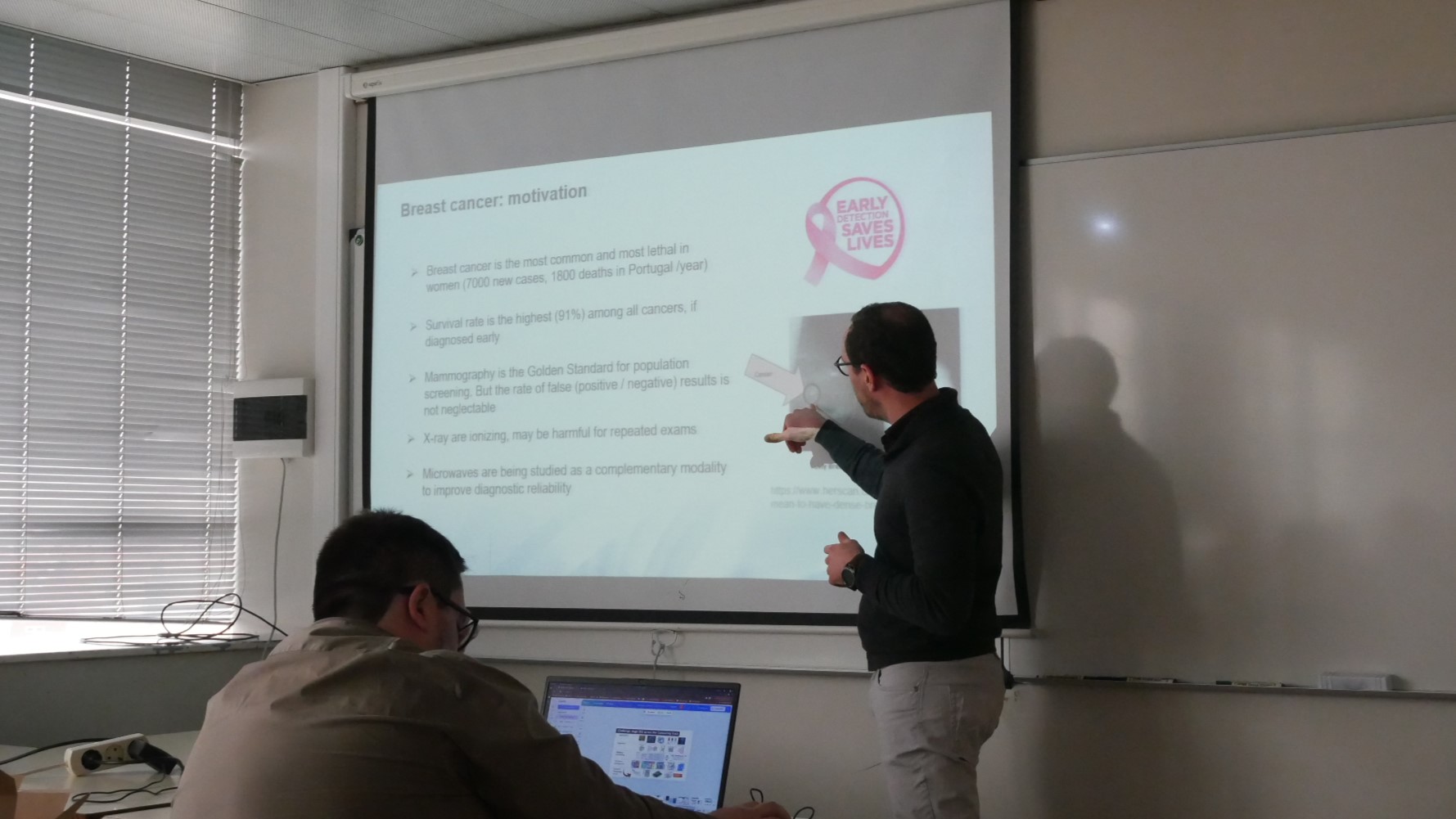
The second part featured Emmanuel Cruzeiro, assistant professor at DEEC and researcher at the Institute of Telecommunications. His research focuses on the fundamentals and technologies of quantum systems, aiming to improve communication between quantum computers through quantum correlations. The goal is to process information using as few resources as possible by leveraging quantum physics, where a particle — such as a qubit — does not need to have a defined state. While current communication systems use bits with values of 0 or 1, in quantum physics, there can be a superposition of states.
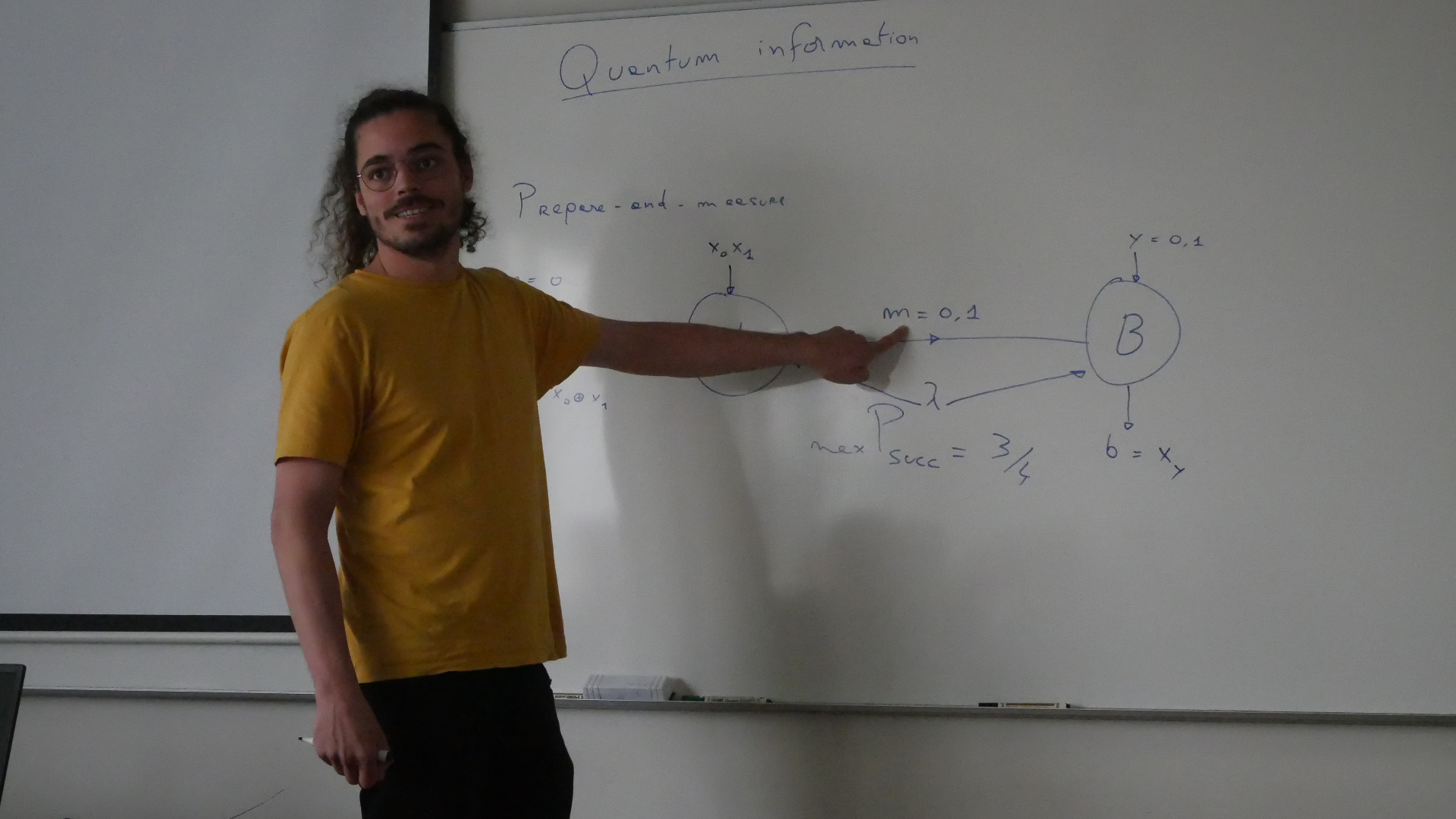
Finally, Guilherme Paim discussed the acceleration of artificial intelligence through chiplets based on the RISC-V architecture, enabling flexible computing and low-cost supercomputers. Chiplets are small electronic chips that can be assembled like LEGO blocks to build an electronic system. This reduces usage costs, as they can be replaced and reused without the need to acquire an entirely new system. These components can be used in various applications, including optimizing artificial intelligence tasks.
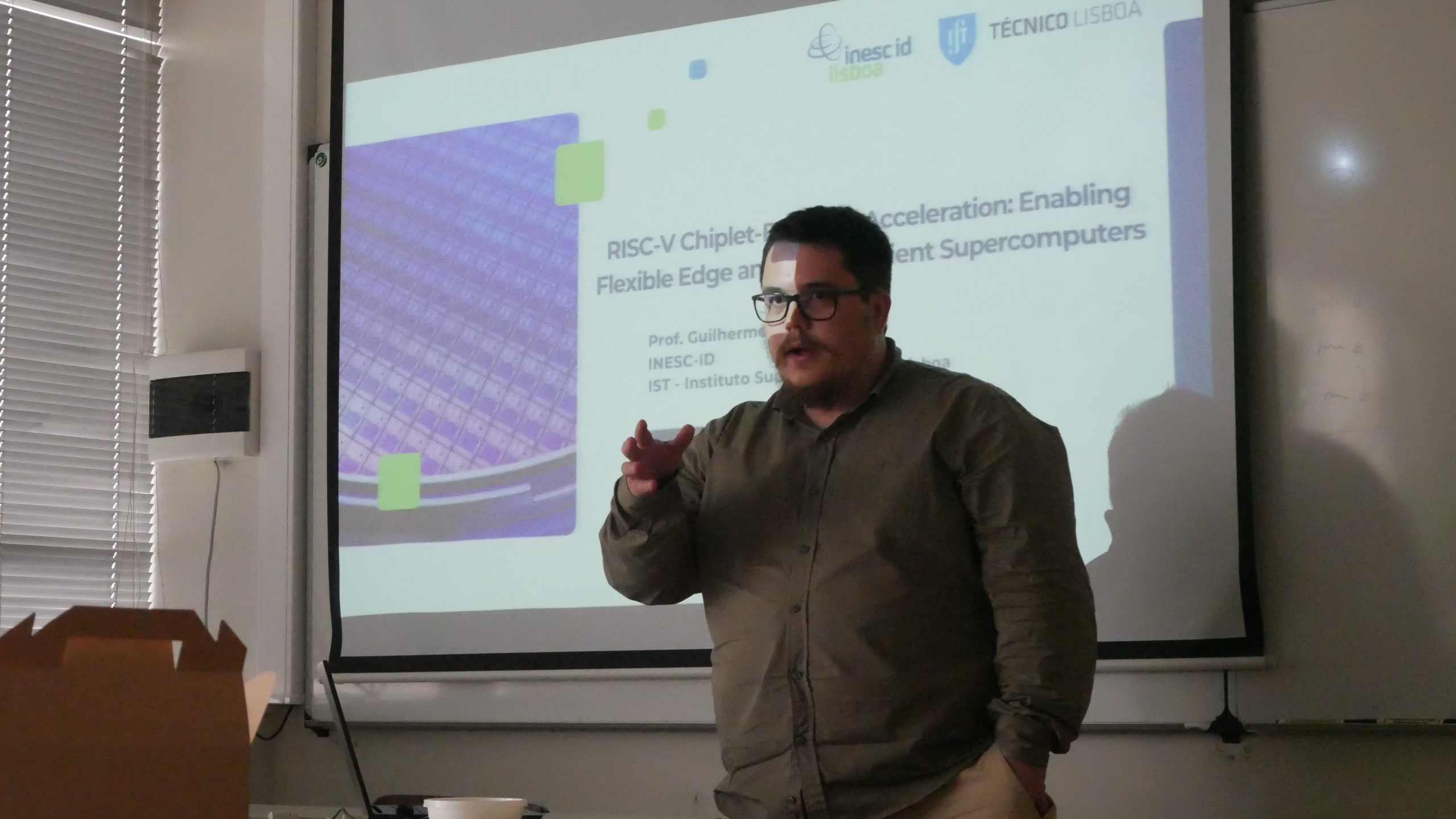
Throughout the session, participants had the opportunity to ask the researchers questions related to the topics presented.
